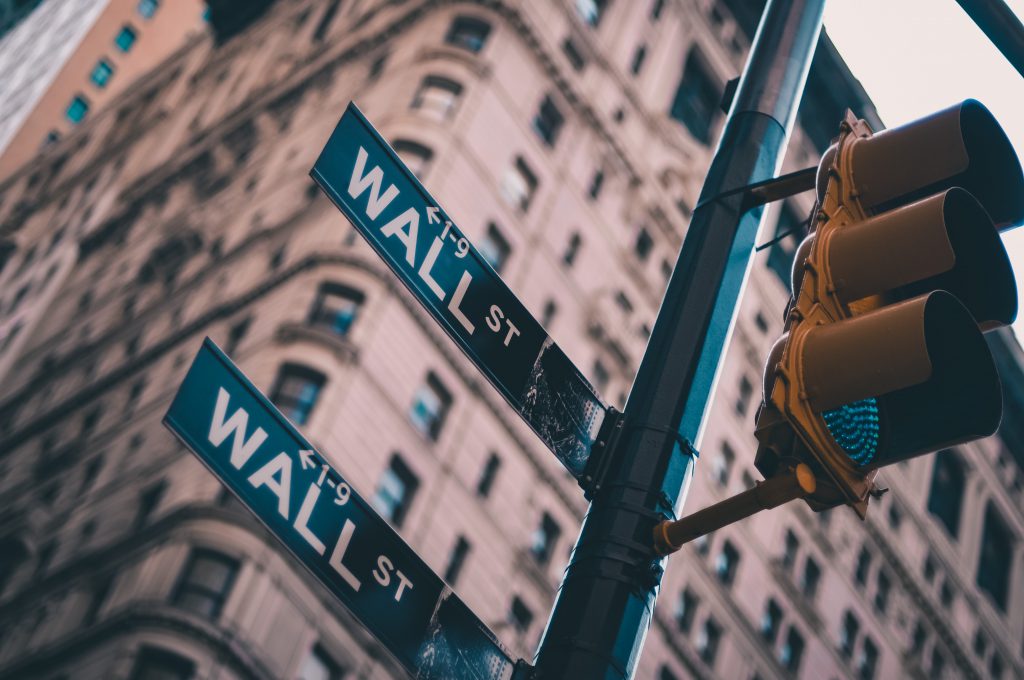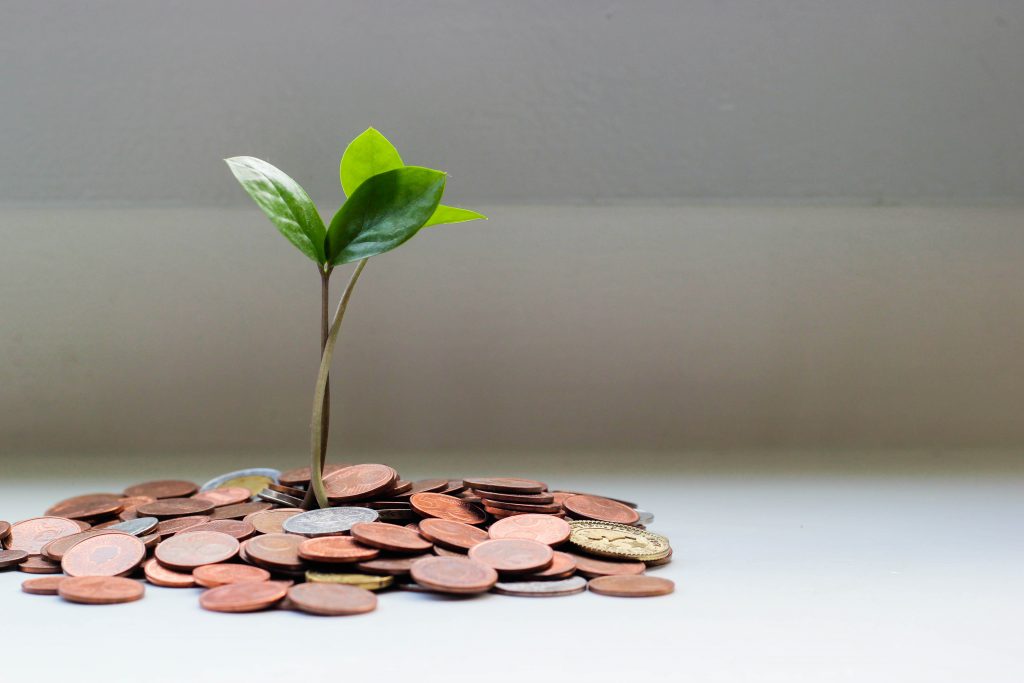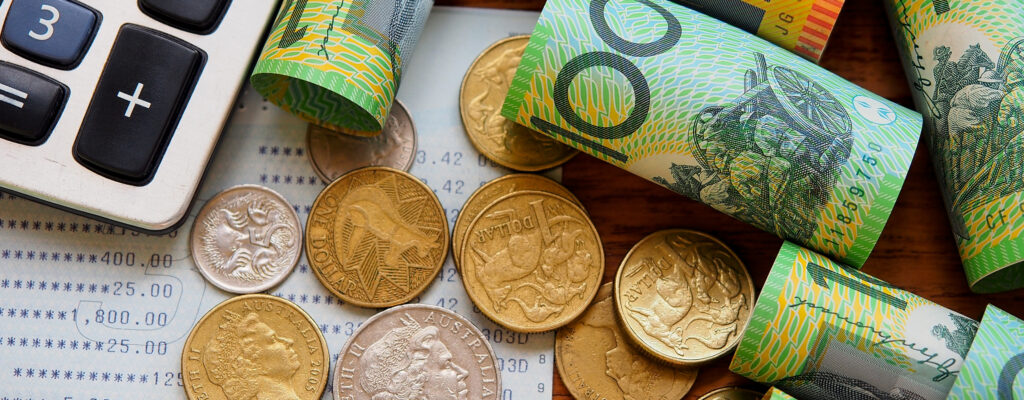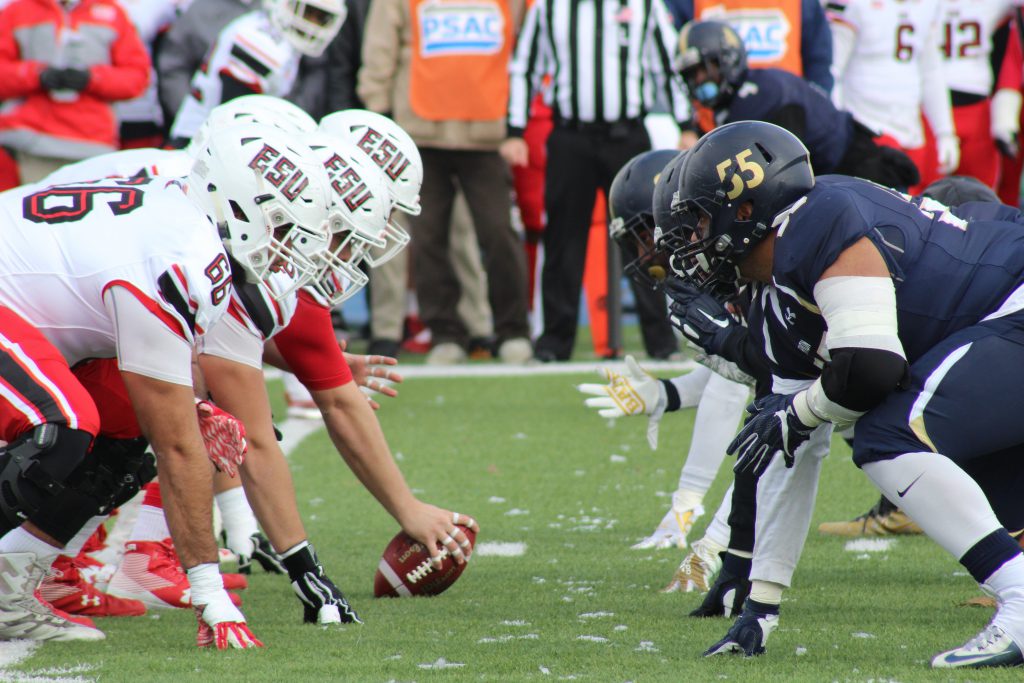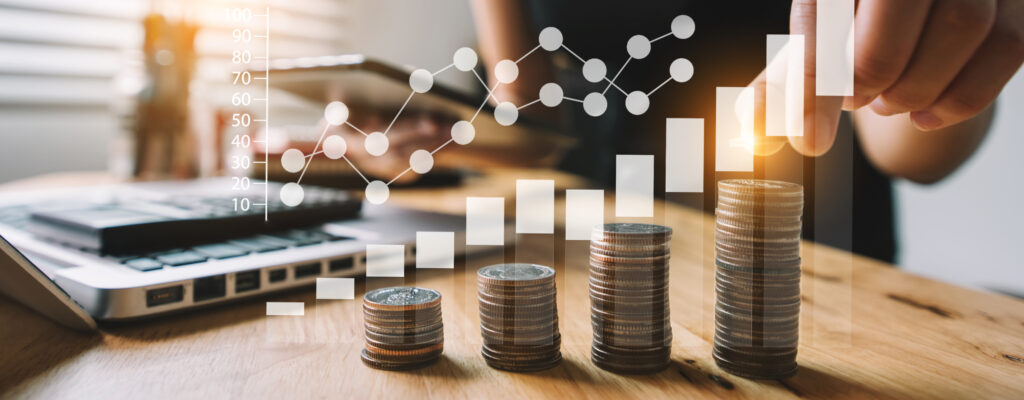Scan this article:
If a company does well, its board of directors might distribute some of the profits to shareholders. This is known as a dividend and comes over and above any share price appreciation.
Dividends are typically paid regularly – be this quarterly, biannually or annually. However, not all shares pay dividends. They aren’t guaranteed either, even when a company has a track record of paying dividends. That’s because a board of directors can decide to reduce or cancel a dividend if the board believes that’s in the company’s best interests.
Types of dividends
Regular dividends come in one of two forms, a cash payment or an additional allocation of shares. They are paid for each share you hold. For example, if you owned 40 shares in a company that was paying $2-per-share in annual dividends, you’d receive $80 that year.
The most common type of dividends are ‘regular’ dividends. But there are also ‘special’ and ‘preferred’ dividends, as well as dividend reinvestment plans (DRPs).
- Special dividends – one-off payouts a company might make if it’s accumulated a stockpile of cash that isn’t earmarked for anything else.
- Preferred dividends – payments given to shareholders who own preferred shares (a special type of shareholding with a higher claim on assets and earnings than standard shares).
- Dividend Reinvestment Plans (DRPs) – plans that use your dividend payments to automatically buy you new shares in the company, sometimes at a discount.
Why do companies pay dividends?
It’s pretty obvious why some investors invest in companies that pay dividends. But why do companies ‘give away’ their money instead of saving it for some other purpose?
One reason is that shareholders are the company’s owners, so when a company pays dividends, it is simply giving the owners the profits to which they’re entitled.
Another reason is that many investors prefer dividend-paying shares, which can lead to greater demand for those companies which pay dividends and therefore a higher share price.
Why don’t companies pay dividends?
Imagine you’re a small company with big plans. In that case, reinvesting profits back into the business to fuel growth might make more sense than ‘giving away’ the money.
That’s why established companies are more likely to pay dividends than start-ups.
Which type of company is better?
A company that pays dividends isn’t necessarily better or worse than one that doesn’t.
As a shareholder, you need to ask yourself whether the company’s best use of surplus cash is to reinvest it into the business or to return it to the owners. You also need to ask yourself whether you need regular dividend payments to manage your personal budget or whether you can live without.
Sometimes, it can be a sign of trouble if a company that traditionally pays dividends either reduces or eliminates the dividend. On the other hand, the company might need to deal with sudden expenses or fund expansion plans.
That’s why, in that situation, you should do your research rather than jumping to conclusions and making rushed investment decisions.

Become a part of
our investors' community
Why you should join us:
- Join free and invest with no monthly account fees.
- Fund your account in real time with PayID.
- Get investing with brokerage from $2. Other fees may apply for U.S. shares.
Read our latest articles
Make knowledge your superpower and up your skills and know-how with our news, educational tools and resources.



